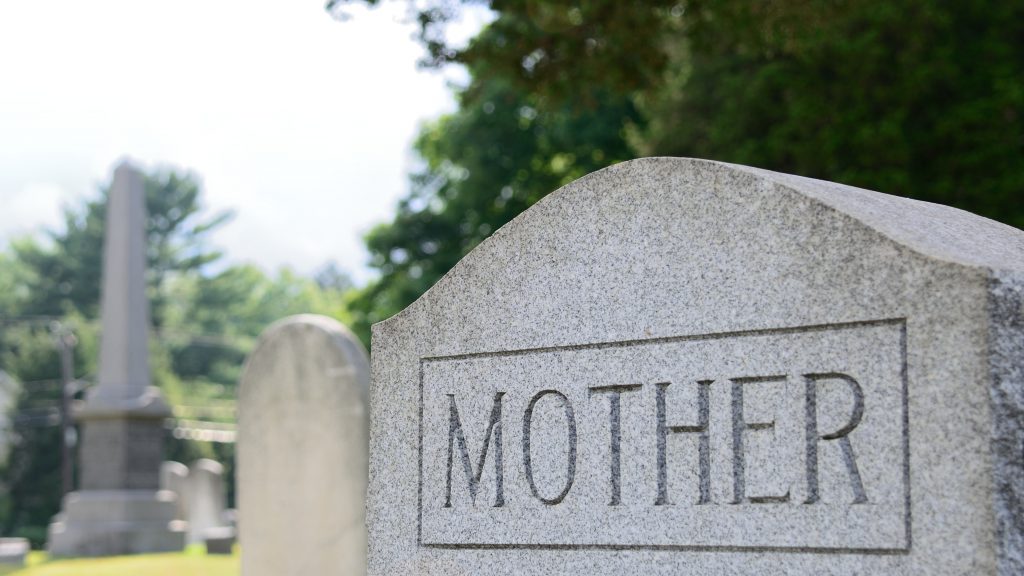Podcast: Play in new window | Download
Subscribe: RSS
If you are a regular subscriber to my blog, by now you learned my mother died peacefully in her sleep a week ago. I could not have scripted a better ending to a remarkable life. My father died 24 years ago, so now I’m parentless. It feels empty. I miss my mom terribly. Fortunately, I am blessed with in-law parents who are so loving and gracious. If you’ve lost a parent, I’m sure you identify with what I’m going through. My heartfelt condolences to readers currently grieving a loss. My four siblings and I did a fairly good job walking with mom in the final chapter of her life. We met often to address mom’s health concerns and stepped in to give her support when her dependency needs increased. We wanted mom to remain the author of her story, but we were always present to give her input so she wasn’t alone facing her declining health. This approach helped us process what was happening with grace and dignity. We had some amazing experiences along the way and moments of intimacy with mom that prepared us for what was coming. Nothing was left to do or say. I spent the night with mom on Friday and the next morning, unbeknownst to me, was her final visit to the hairdresser. Getting her hair done was one of the few things left she could really enjoy. I watched Nancy, her stylist do the final tease on her hair and she looked so beautiful. One the way home my mom said, “I hate been such a burden on my children.” I said, “Mom, you’re not a burden, you’re a blessing!” I can honestly say we did well in caring for our mother in her final chapter of life. So let me leave you with 5 things you don’t want to do when faced with a parent who’s dying.#1: Don’t avoid the inevitable
At some point in life you will face the inevitable reality that your parents will die. Unfortunately some face this as early as childhood, while most of us confront this reality in our adult life. Dying is not something we find easy to accept when it comes to a family member. We know our parents as strong leaders, people we look up to and rely upon. But aging takes over, illness increases. Eventually, you confront the inevitable. This is especially true when death is imminent. Don’t fear it or avoid it. Instead, face it with courage. Talk about it with your siblings or people you trust. Share your worries and concerns. You can find support and guidance when you face the inevitable.#2: Don’t wait too long to begin a conversation
As your parent ages you will see a gradual decline in independence. This is a very hard adjustment for a senior adult. Privately they fear increasing dependence and change in quality of life. If you have siblings, it would be wise to have private conversations to address your concerns about your aging parent before you talk with him or her. Identify growing dependency needs. Highlight areas of independence your parent still exhibits. Have a conversation with your parent about the aging process. Ask questions about what they notice about themselves. Afterward, share your observations and express your concerns.#3: Don’t live with regret
There is a scene from the movie, “Meet Joe Black” where the main character, William Parrish knows he’s going to die that night. His daughter suspects but is not quite sure. He talks to her about living without regret. William Parrish: I want you to know how much I love you, that you’ve given a meaning to my life that I had no right to expect, that no one can ever take from me. Susan Parrish: Dad… William Parrish: No! I love you so much. And I want you to promise me something. I don’t want you to ever worry about me. If anything should happen, I’m gonna be okay. Everything’s gonna be all right. I have no regrets. And I want you to feel the same way. As long as your parent is alive you have opportunity to say or do something that communicates a sentiment or heals a wound. After a loved-one dies some people live with two types of regret:- What I could have said
- What I could have done
#4: Don’t control the person or process
The loss of independence is difficult for an aging parent. Concerned children feel the need to step in and take control. A tension exists between two polarities:- Passivity – avoiding taking responsible action
- Controlling – taking more control than necessary

